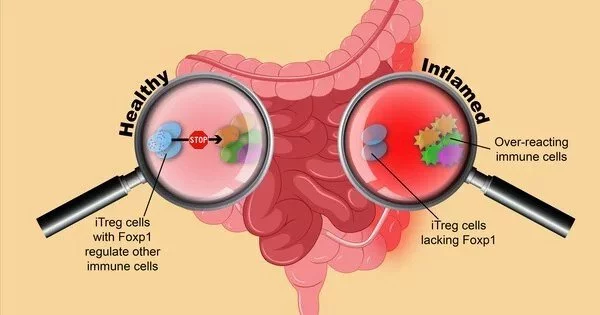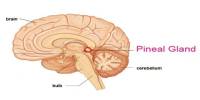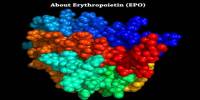The Autoimmune Regulator (AIRE) is a protein that is essential for immune system regulation. It is a protein that is encoded by the AIRE gene in humans. It is a 13kb gene with 545 amino acids on chromosome 21q22.3. It is best known for its role in immune tolerance development, which prevents the immune system from attacking the body’s own tissues and cells.
AIRE is particularly important in the maintenance of self-tolerance, which aids in the prevention of autoimmune diseases. It is a transcription factor that is expressed in the thymus medulla (inner part). It is a component of the mechanism that eliminates self-reactive T cells that cause autoimmune disease. It exposes T cells to normal, healthy proteins from all parts of the body, and T cells that react to those proteins are destroyed.
When an antigen-presenting cell presents an antigen in complex with a major histocompatibility complex (MHC) molecule, each T cell recognizes it. T-cell receptors on the cell surface are responsible for this recognition.
T cell receptors are produced by randomly shuffled gene segments, resulting in a highly diverse population of T cells, each with a distinct antigen specificity. T cells with receptors that recognize the body’s own proteins must therefore be eliminated while still in the thymus.
Here are some key points about the AIRE:
- Location and Expression: The thymus, an organ located in the chest behind the sternum and between the lungs, is the primary site of AIRE expression. The thymus plays an important role in the immune system, especially in the development and maturation of T cells.
- Role in Immune Tolerance: AIRE participates in a process known as central tolerance, in which developing T cells in the thymus are exposed to a variety of self-antigens (molecules produced by the body) in order to teach them what is “self” and what is “non-self.” This exposure aids in the elimination of potentially harmful T cells that may attack the body’s own tissues.
- Presentation of Self-Antigens: AIRE helps in the expression of a diverse array of self-antigens in the thymus. This allows T cells to encounter a broad range of self-antigens, promoting the deletion of autoreactive T cells that could otherwise cause autoimmune responses.
- Clinical Implications: Understanding AIRE’s role and interactions with the immune system has clinical implications for studying and treating autoimmune diseases. Researchers are looking into ways to modify AIRE function or mimic its effects in order to promote immune tolerance and potentially treat autoimmune diseases.
AIRE causes medullary thymic epithelial cells (mTEC) to express major proteins from other parts of the body (so-called “tissue-restricted antigens” – TRA), and T cells that respond to those proteins to die (apoptosis). As a result, AIRE promotes the negative selection of self-recognizing T cells. When AIRE is faulty, T cells that recognize antigens that the body normally produces can exit the thymus and enter circulation. This can lead to a number of autoimmune diseases.
















